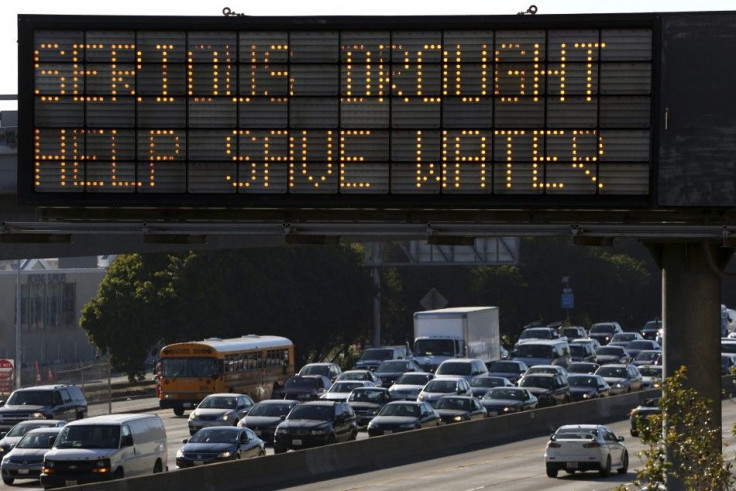California Drought Not Caused By Global Warming

California has been experiencing one of its worse droughts for the past three years. In fact, one study reportedly stated that the drought is possibly the worse that California has undergone in 1,200 years. Richard Seager, a professor of oceanography at the Columbia University Lamont-Doherty Earth Observatory in New York, pointed to high-pressure systems as the cause behind the drought. The high-pressure systems within the oceanic currents is said to have caused moisture to be driven away from land, instead of toward it.
While some in the scientific community look to La Nina to explain the rising levels of moisture evaporation. La Nina is supposed to have brought about cooler temperature levels in the Pacific; the slow increase of warmer temperature levels, however, seem to make little difference to the current state of the drought. Seager's colleague Martin Hoerling said, "The conditions of the last three winters are not the conditions that climate change models say would happen."
Some scientists critiqued the study by bringing into question whether the study included all the relevant climactic factors that are usually involved in causing major environmental changes. However, Hoerling remains firm in his belief that global warming is not the only contributing factor of the drought. He went on to say that "Two-thirds of the precipitation deficit in California were due to factors we wouldn't judge to have long predictability at all. They resulted from the randomness of the atmosphere."
Global warming is perhaps one of the most debated about topics in the 21st century. The scientific community somehow seems unable to come to a common ground on this particular issue. There have been studies conducted that report to showing positive results for scientists sitting on both sides of the fence, thereby further increasing the complexity as well as the mysteries that global warming brings into the discussion. One such example that showcases the polarised opinions within the scientific community is the debate of identifying what caused the current drought in California.
Although the study stresses on the importance of factoring in random climactic changes, it does not entirely dismiss the relevance of how global warming could also impact the drought. A complex issue such as this requires more than a simplistic approach for solutions. More in depth examination is extremely necessary to better identify the various causes behind this particular issue.






